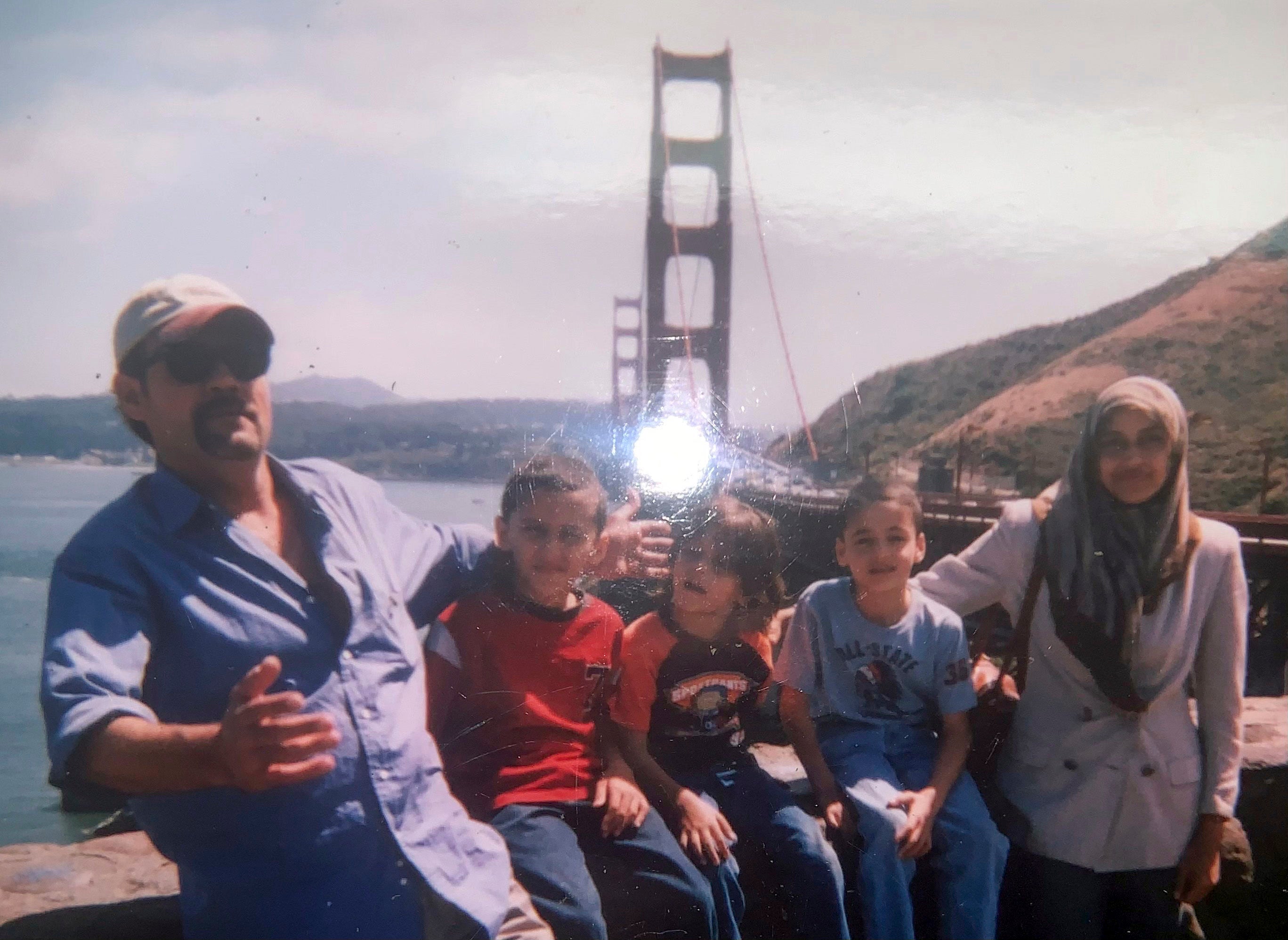US works with Israel and Egypt to get the mother and uncle of an American soldier out of Gaza
The U.S. has coordinated with Israel, Egypt and others in rescuing the mother of a U.S. serviceman and her American brother-in-law who were pinned down during heavy fighting in Gaza City

The U.S. coordinated with Israel, Egypt and others in rescuing the mother of a U.S. serviceman and her American brother-in-law who were pinned down during heavy fighting in Gaza City, a U.S. official told The Associated Press on Wednesday.
It is the only known operation of its kind to extract American citizens and their close family members during the months of devastating ground fighting and Israeli airstrikes in Gaza. The vast majority of people who have made it out of northern and central Gaza through the Rafah crossing into Egypt fled south in the initial weeks of the war. An escape from the heart of the Palestinian territory through intense combat has become far more perilous and difficult since.
Zahra Sckak, 44, made it out of Gaza on New Year's Eve, along with her brother-in-law, Farid Sukaik, an American citizen, a U.S. official told The Associated Press. The official spoke on condition of anonymity to confirm the rescue, which had been kept quiet for security reasons.
Sckak’s husband, Abedalla Sckak, was shot earlier in the Israel-Hamas war as the family fled from a building hit by an airstrike. He died days later. One of her three American sons, Spec. Ragi A. Sckak, 24, serves as an infantryman in the U.S. military.
The extraction involved the Israeli military and local Israeli officials who oversee Gaza and the Israeli-occupied West Bank, the U.S. official said. There was no indication that American officials were on the ground in Gaza.
“The United States played solely a liaison and coordinating role between the Sckak family and the governments of Israel and Egypt,” the official said.
A family member and U.S.-based lawyers and advocates working on the family's behalf had described Sckak and Sukaik as pinned down in a building surrounded by combatants, with little or no food and with only water from sewers to drink.
There were few immediate details of the on-the-ground operation. It took place after extended appeals from Sckak's family and U.S.-based citizens groups for help from Congress members and the Biden administration.
The State Department has said some 300 American citizens, legal permanent residents and their immediate family members remain in Gaza, at risk from ground fighting, airstrikes and widening starvation and thirst in the besieged territory.
With no known official U.S. presence on the ground, those still left in the territory face a dangerous and sometimes impossible trip to Egypt's border crossing out of Gaza, and a bureaucratic struggle for U.S., Egyptian and Israeli approval to get themselves, their parents and young children out of Gaza.
—-
Associated Press writer Tara Copp contributed.
Bookmark popover
Removed from bookmarks